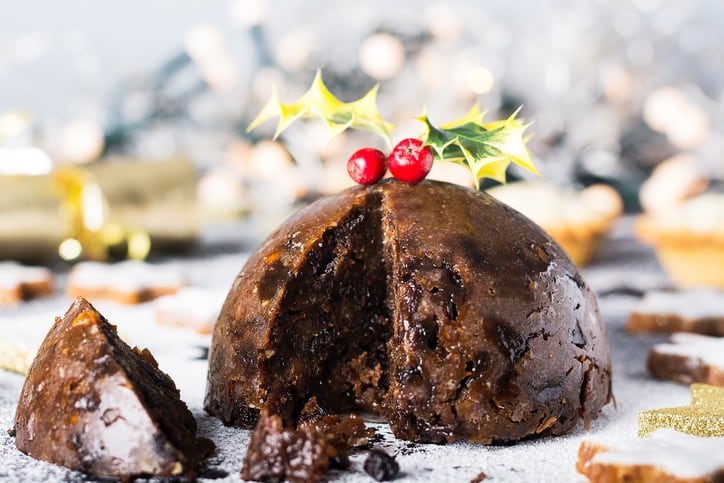Right after the Christmas break, levels of cholesterol are 20% higher than in the summer, according to a new study of 25,000 Danes carried out by researchers from Copenhagen University Hospital and the University of Copenhagen.
The article "The Christmas holidays are followed immediately by a period of hypercholesterolemia", published in the international journal Atherosclerosis, concluded that the risk of having elevated cholesterol is six times higher just after the festive break.
Dr. Anne Langsted, M.D., one of the authors of the article, said: "Our study shows strong indications that cholesterol levels are influenced by the fatty food we consume when celebrating Christmas. The fact that so many people have high cholesterol readings straight after the Christmas holiday is very surprising."
Nine out of ten of the people participating in the Copenhagen General Population Study had elevated cholesterol after Christmas.
Researchers suggest, therefore, that people who already have high cholesterol should perhaps be even more alert to their cholesterol levels during the Christmas holidays.
Dr. Signe Vedel-Krogh, M.D., another of the article's authors, added: "For individuals, this could mean that if their cholesterol readings are high straight after Christmas, and they could consider having another test taken later on in the year.
"In any event, there is a greater risk of finding that you have elevated cholesterol if you go to the doctor and have your cholesterol tested straight after Christmas. It is important to be aware of this, both for doctors who treat high cholesterol and those wishing to keep their cholesterol levels down."
Source: Atherosclerosis
"The Christmas holidays are followed immediately by a period of hypercholesterolemia"
Published online ahead of print, doi: 10.1016/j.atherosclerosis.2018.12.011
Authors: Signe Vedel-Krogh, et al

